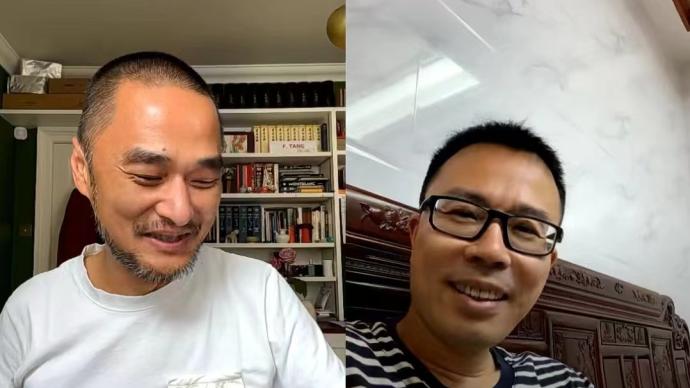
On July 12, translator and writer Li Jihong and writer Feng Tang had a nearly 2-hour chat on the video account. Their topics started from Li Jihong's experience as a translator, and then extended to many topics such as the relationship between Chinese habits and the expression habits of the original author, and how to treat classic and new translations.
As early as November 2021, Feng Tang and Li Jihong had a video connection, with the theme of "These writers beat time with words" to explore the reasons behind "world famous books beat time". Feng Tang said that although the two lived in different places and had never met, they chatted very well. Therefore, there is this live broadcast integration, and the topic is more extensive and in-depth.
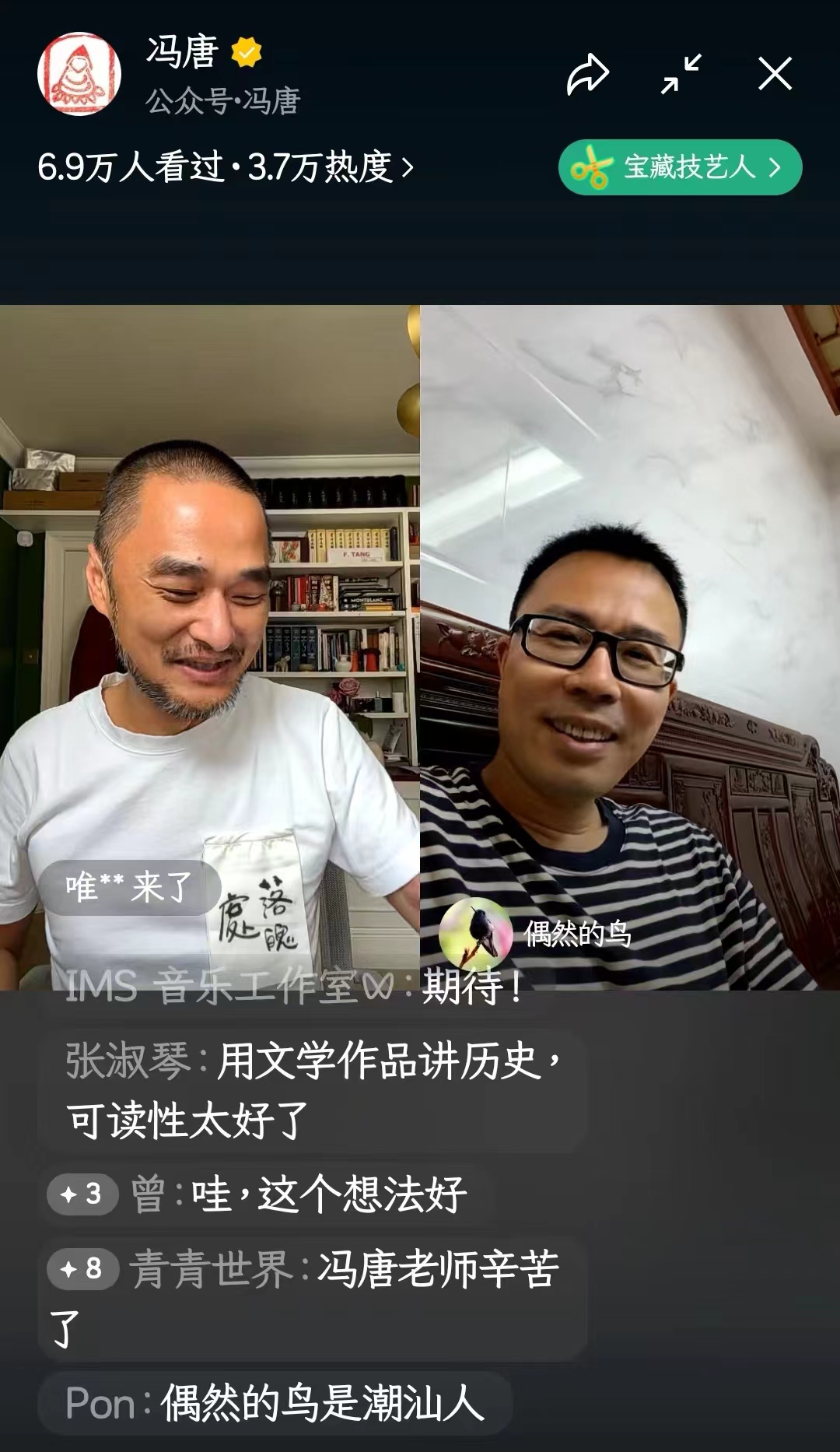
Li Jihong was born in 1980 and graduated from the Department of Sociology of Sun Yat-Sen University. He has been engaged in translation since 2004. He has translated the series "New Translations of Li Jihong's World Famous Novels". So far, he has published "The Little Prince", "The Old Man and the Sea", "Animal Farm", " The Great Gatsby, Walden, The Moon and Sixpence, Pride and Prejudice, The Sound and the Fury, Jane Eyre, On the Road; also translated as The Kite Runner, Conversations with God "The Decline of the Public Man", "Poor Charlie's Book" and dozens of other books.
He said that the original sociology background and philosophical reading accumulation gave him a lot of help. "Translation is not a communication from words to words, but a communication from consciousness activities to consciousness activities." He said, "What is translation? It is to restore the consciousness activities of the author when he wrote these words through the words of the author, and reproduce these consciousness activities. Let the readers understand him." In addition, he has written ancient poetry since he was a child, and he believes that poetry also exercises his language expression.
Feng Tang also believes that the essence of translation is the communication of consciousness. To do this communication well, language, writing, and translation skills are one aspect, but perhaps more important is wisdom: "That is, you have enough wisdom and compassion to understand what's going on in this book, Understand what the original author was trying to say so that it can be better communicated to readers.”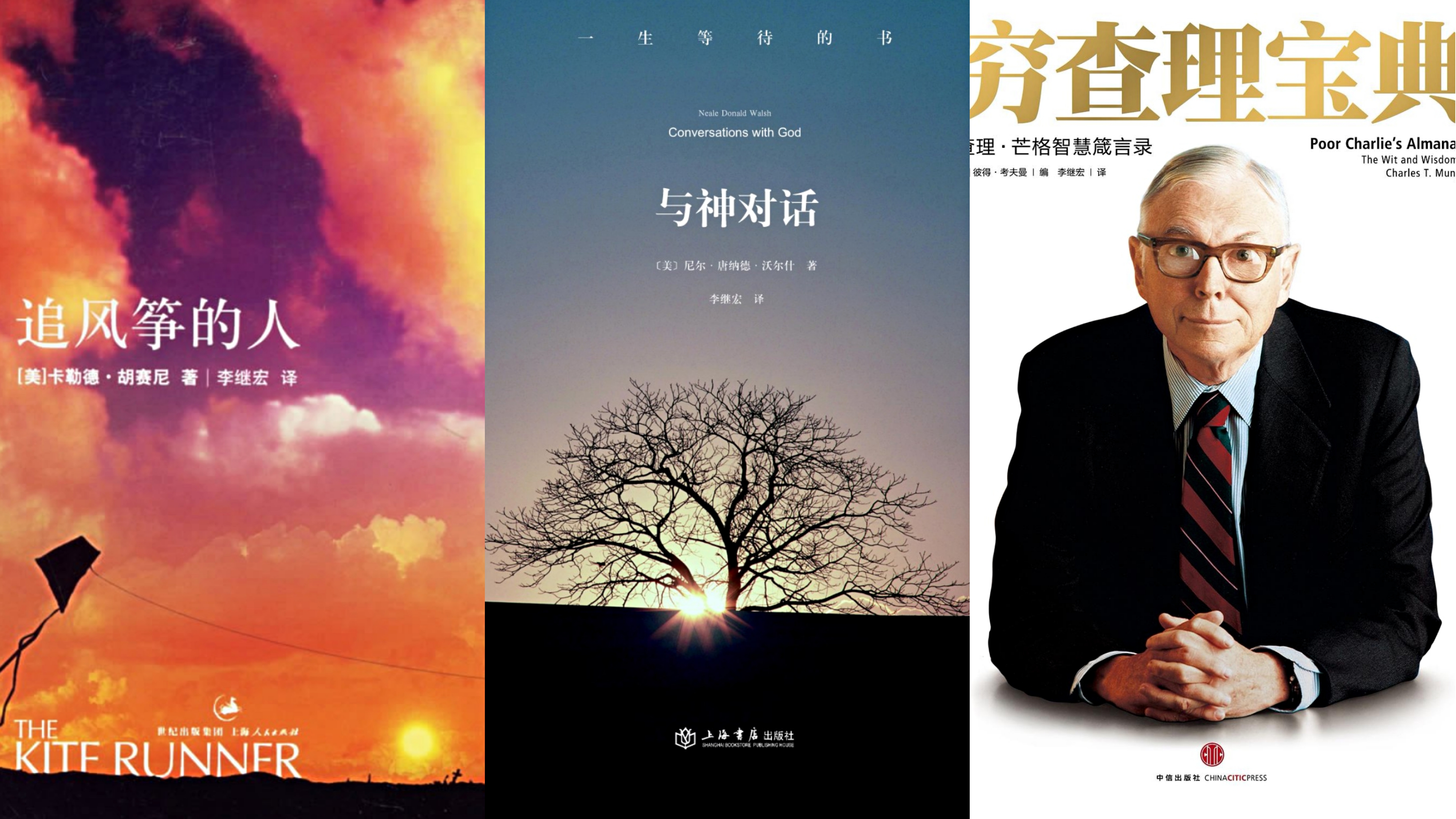
Taking Kerouac's "On the Road" as an example, the two talked about how to deal with the relationship between their Chinese habits and the expression habits of the original author. Feng Tang bluntly said that if he were to translate, it would be one of the most difficult texts in his eyes, "Kerouac's language is very unique, he is not like the language of classic English writers, such as Dickens and Thackeray, nor does he Like the fragmented stream of consciousness of modern novels, he has an energy, the force of language that can drive you from coast to coast, and from coast to coast."
"When I read a book, I often can't see the words, only the consciousness of the author. For example, when I see an apple in the book, I can't see the word 'apple', I can only see it in my mind It looks like an apple." Li Jihong responded, "I always think that words are not important. What matters is what the author is trying to express, what his thinking activities are, and what kind of emotion and mood he wants to express. These are important."
He also does text analysis before text translation. For example, when translating "The Old Man and the Sea" back then, he would first catch Hemingway's most obvious stylistic feature—the sentences were extremely short. "There are also statistical characteristics. Hemingway doesn't use adjectives very much. There are very few empty words and many substantive words. His style is very hard, and that's it. Text analysis like this is essential before translation."
Back to "On the Road", Li Jihong revealed that he also did a lot of research outside the text in the translation: watching Kerouac's speech, watching his other works, his collection of letters with friends, through various information Trying to get close to what he meant. "It is difficult to fully understand the author's true consciousness by relying on the original text alone."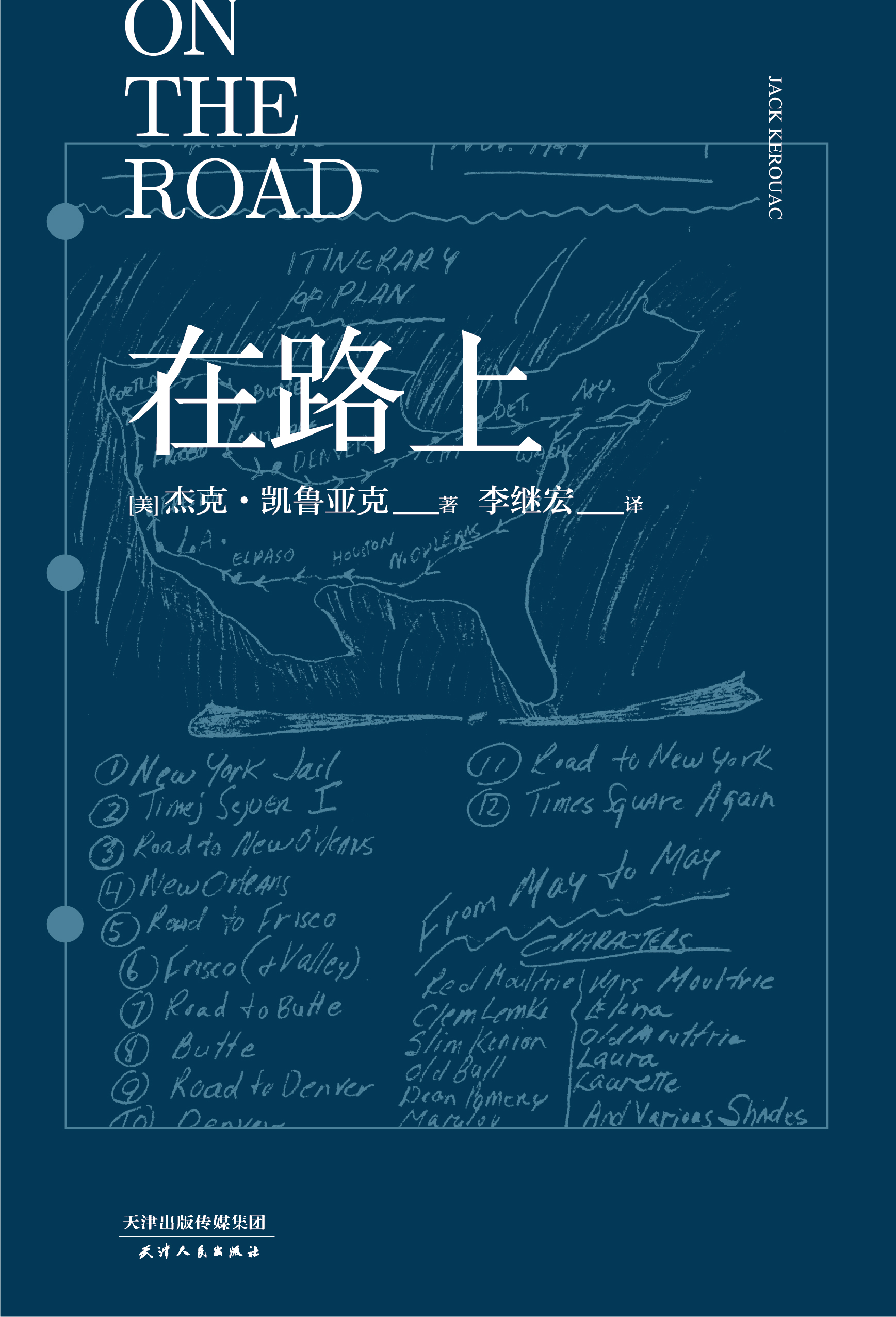
In a sense, the translation process of Feng Tang and Li Jihong has similarities: "halfway monks", non-language majors, and translations have all received bipolar evaluations.
"Many foreign classics have been translated by famous senior writers. These translations have been popular for a long time, and the senior translators have also passed away. When you feel that these translations are still insufficient and want to retranslate, you will immediately hear some voices against it. "Feng Tang said of his translation of "Flying Birds", "Actually, when "Flying Birds" came out, modern Chinese had not yet been formed, but the public ignored this. They felt that your translation destroyed the classics, especially in some places. when offended."
Li Jihong said that China has truly become a modern country, in fact, from the 1990s to the present. "I like Mr. Fu Lei very much. He is an expert in translating Balzac, but he didn't even have the complete works of Balzac at that time. This is the limitation of the times." Li Jihong said that the reason why he is confident in his new translation, Not because of personal ingenuity, but because I am in a better era, and I am far more advanced and convenient than my predecessors in obtaining information and information.
As for the evaluation, he said that if the work is truly alive, it will surely impress readers, just like in the contemporary poems, in addition to "facing the sea, spring flowers bloom", there is also "spring breeze is not as good as you".
Li Jihong said, "The starting point of my translation is also very simple, so that young readers don't have to suffer as much when reading foreign literature as I did when I was a child, they can find fun in reading, they can have one more translation, one more choice, this is what I do the translation. Beginning."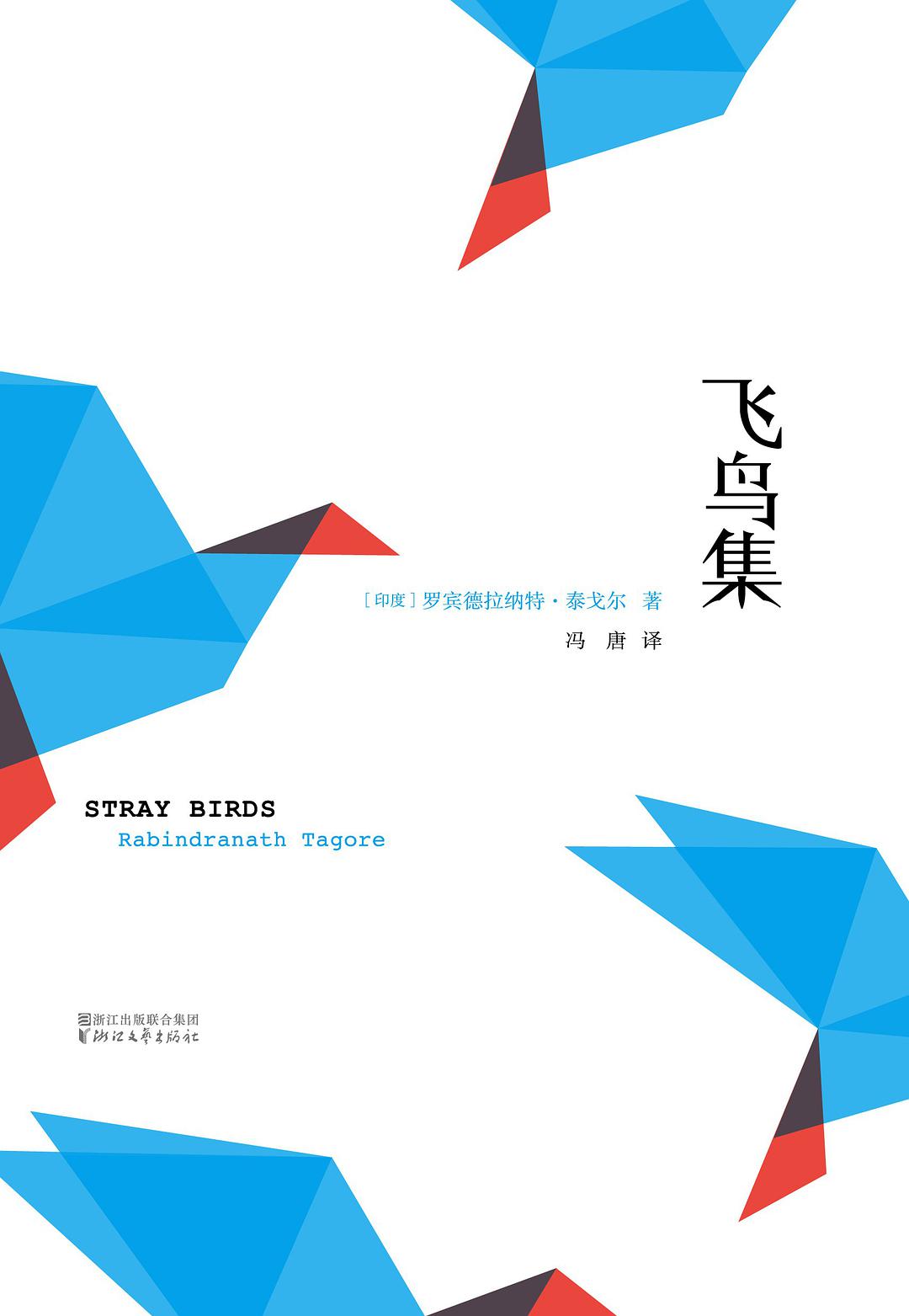
As early as November 2021, Feng Tang and Li Jihong had a video connection, with the theme of "These writers beat time with words" to explore the reasons behind "world famous books beat time". Feng Tang said that although the two lived in different places and had never met, they chatted very well. Therefore, there is this live broadcast integration, and the topic is more extensive and in-depth.

Li Jihong (right) and Feng Tang have a video chat
Wisdom and CompassionLi Jihong was born in 1980 and graduated from the Department of Sociology of Sun Yat-Sen University. He has been engaged in translation since 2004. He has translated the series "New Translations of Li Jihong's World Famous Novels". So far, he has published "The Little Prince", "The Old Man and the Sea", "Animal Farm", " The Great Gatsby, Walden, The Moon and Sixpence, Pride and Prejudice, The Sound and the Fury, Jane Eyre, On the Road; also translated as The Kite Runner, Conversations with God "The Decline of the Public Man", "Poor Charlie's Book" and dozens of other books.
He said that the original sociology background and philosophical reading accumulation gave him a lot of help. "Translation is not a communication from words to words, but a communication from consciousness activities to consciousness activities." He said, "What is translation? It is to restore the consciousness activities of the author when he wrote these words through the words of the author, and reproduce these consciousness activities. Let the readers understand him." In addition, he has written ancient poetry since he was a child, and he believes that poetry also exercises his language expression.
Feng Tang also believes that the essence of translation is the communication of consciousness. To do this communication well, language, writing, and translation skills are one aspect, but perhaps more important is wisdom: "That is, you have enough wisdom and compassion to understand what's going on in this book, Understand what the original author was trying to say so that it can be better communicated to readers.”

Li Jihong's translation (part)
Thoughtfulness inside and outside the textTaking Kerouac's "On the Road" as an example, the two talked about how to deal with the relationship between their Chinese habits and the expression habits of the original author. Feng Tang bluntly said that if he were to translate, it would be one of the most difficult texts in his eyes, "Kerouac's language is very unique, he is not like the language of classic English writers, such as Dickens and Thackeray, nor does he Like the fragmented stream of consciousness of modern novels, he has an energy, the force of language that can drive you from coast to coast, and from coast to coast."
"When I read a book, I often can't see the words, only the consciousness of the author. For example, when I see an apple in the book, I can't see the word 'apple', I can only see it in my mind It looks like an apple." Li Jihong responded, "I always think that words are not important. What matters is what the author is trying to express, what his thinking activities are, and what kind of emotion and mood he wants to express. These are important."
He also does text analysis before text translation. For example, when translating "The Old Man and the Sea" back then, he would first catch Hemingway's most obvious stylistic feature—the sentences were extremely short. "There are also statistical characteristics. Hemingway doesn't use adjectives very much. There are very few empty words and many substantive words. His style is very hard, and that's it. Text analysis like this is essential before translation."
Back to "On the Road", Li Jihong revealed that he also did a lot of research outside the text in the translation: watching Kerouac's speech, watching his other works, his collection of letters with friends, through various information Trying to get close to what he meant. "It is difficult to fully understand the author's true consciousness by relying on the original text alone."

"On the Road" translated by Li Jihong
between classics and new translationsIn a sense, the translation process of Feng Tang and Li Jihong has similarities: "halfway monks", non-language majors, and translations have all received bipolar evaluations.
"Many foreign classics have been translated by famous senior writers. These translations have been popular for a long time, and the senior translators have also passed away. When you feel that these translations are still insufficient and want to retranslate, you will immediately hear some voices against it. "Feng Tang said of his translation of "Flying Birds", "Actually, when "Flying Birds" came out, modern Chinese had not yet been formed, but the public ignored this. They felt that your translation destroyed the classics, especially in some places. when offended."
Li Jihong said that China has truly become a modern country, in fact, from the 1990s to the present. "I like Mr. Fu Lei very much. He is an expert in translating Balzac, but he didn't even have the complete works of Balzac at that time. This is the limitation of the times." Li Jihong said that the reason why he is confident in his new translation, Not because of personal ingenuity, but because I am in a better era, and I am far more advanced and convenient than my predecessors in obtaining information and information.
As for the evaluation, he said that if the work is truly alive, it will surely impress readers, just like in the contemporary poems, in addition to "facing the sea, spring flowers bloom", there is also "spring breeze is not as good as you".
Li Jihong said, "The starting point of my translation is also very simple, so that young readers don't have to suffer as much when reading foreign literature as I did when I was a child, they can find fun in reading, they can have one more translation, one more choice, this is what I do the translation. Beginning."

"Flying Birds" translated by Feng Tang
Related Posts